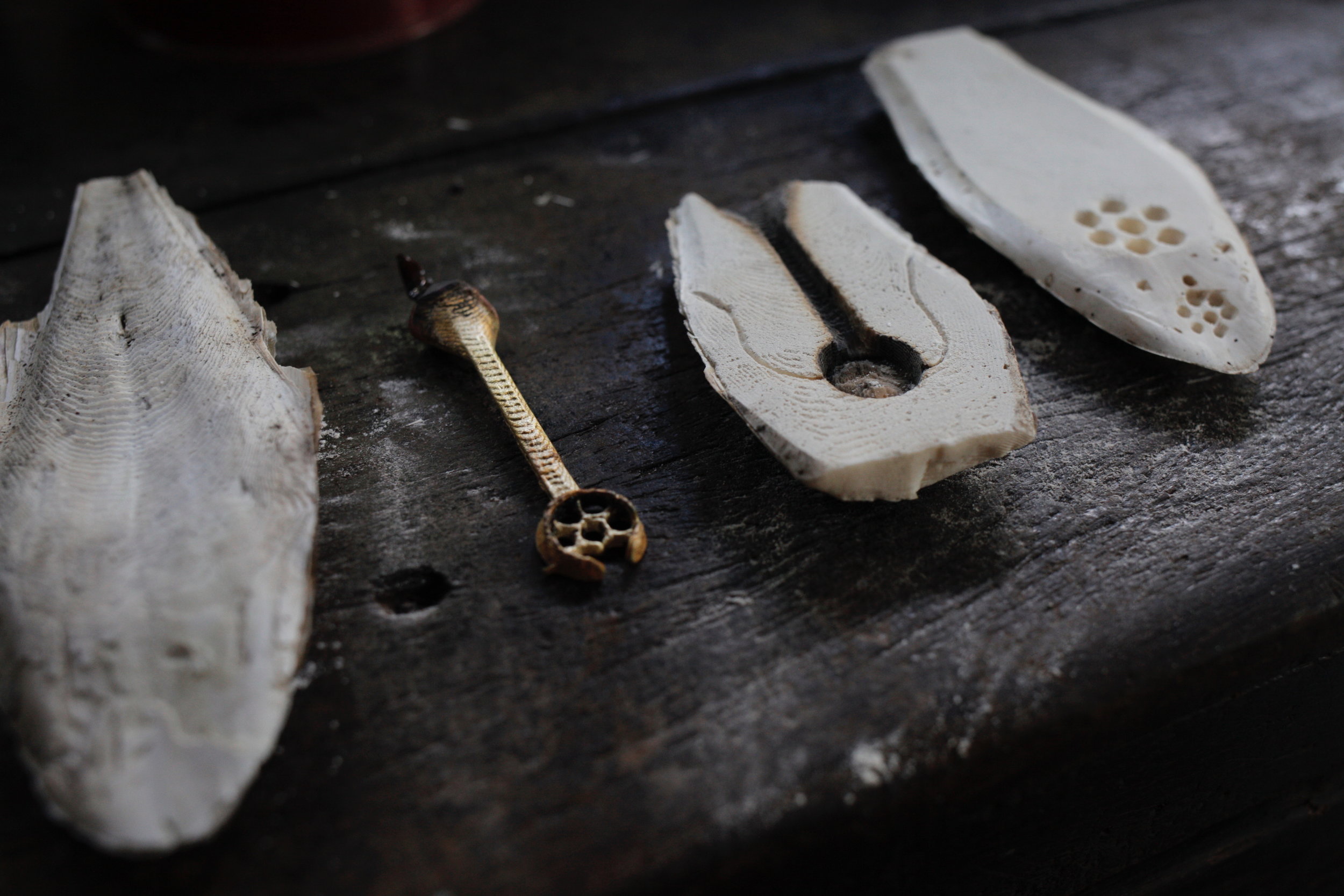turquoise mountain/April 2016-May 2018. Yangon, Myanmar
Building a Sustainable Business and an Inclusive Apprenticeship Programme for Artisans in Myanmar
Established the Turquoise Mountain Myanmar Crafts Programme and built a successful social business with sales of $280K over 2 years. It now produces the best quality jewellery in the country and provides full-time employment to artisans at a workshop and retail outlet where customers can experience the craft. We launched 8 collections with internationally renowned designers and set up an apprenticeship scheme which includes the first female goldsmiths in Myanmar.
Crafts are the second largest source of employment for developing countries right after farming. In Myanmar, this is no exception, crafts are the second largest employer in urban areas and the fourth in rural (UNFPA, 2016). As a country which was closed to the outside world for many decades, ancient techniques are still alive, and have vast potential for markets and preservation. So, I was excited to take on the challenge of building the Turquoise Mountain Myanmar Crafts Programme from scratch.
We started with a design research phase focused on goldsmithing, woodworking and textile weaving. The research helped us understand artisans: their challenges, aspirations and the meaning of their work to them. It revealed the intricate processes, strong values and rich history of traditional crafts in Myanmar and analysed their existing and potential markets. From this research, we identified goldsmithing as the best sector in which to begin testing models to preserve traditional skills, upgrade design techniques and connect artisans with new domestic and international markets. Two years on, the Crafts Programme has established a physical artisans workshop and retail space, developed 8 jewellery collections with internationally renowned designers, achieved sales of more than $280,000 and become a financially sustainable entity.
Connected to the workshop, we launched an apprenticeship programme for the master goldsmiths to pass on their skills to a new generation including the first women in the country to have the opportunity to make and sell jewellery.
My role challenged me to combine a mixture of design and management skills, such as strategic planning, research, production oversight, communications, marketing and sales. Directing this programme located me in a really stimulating position working with both artisans and designers. I'm proud of building a strong team of artisans, establishing great relations with key designers and producing successful collections as well as opening markets for Myanmar jewellery in America, Europe and Asia.
Today, the Crafts Programme is a leading example of a successful social enterprise that provides sustainable and meaningful livelihoods to artisans. Find a summary of this project here and a story on Exposure.
The jewellery project was showcased at the 2018 World Economic Forum in Davos as part of the MASTERWORKS Exhibition. You can watch the short film which was created for the exhibition here.





















